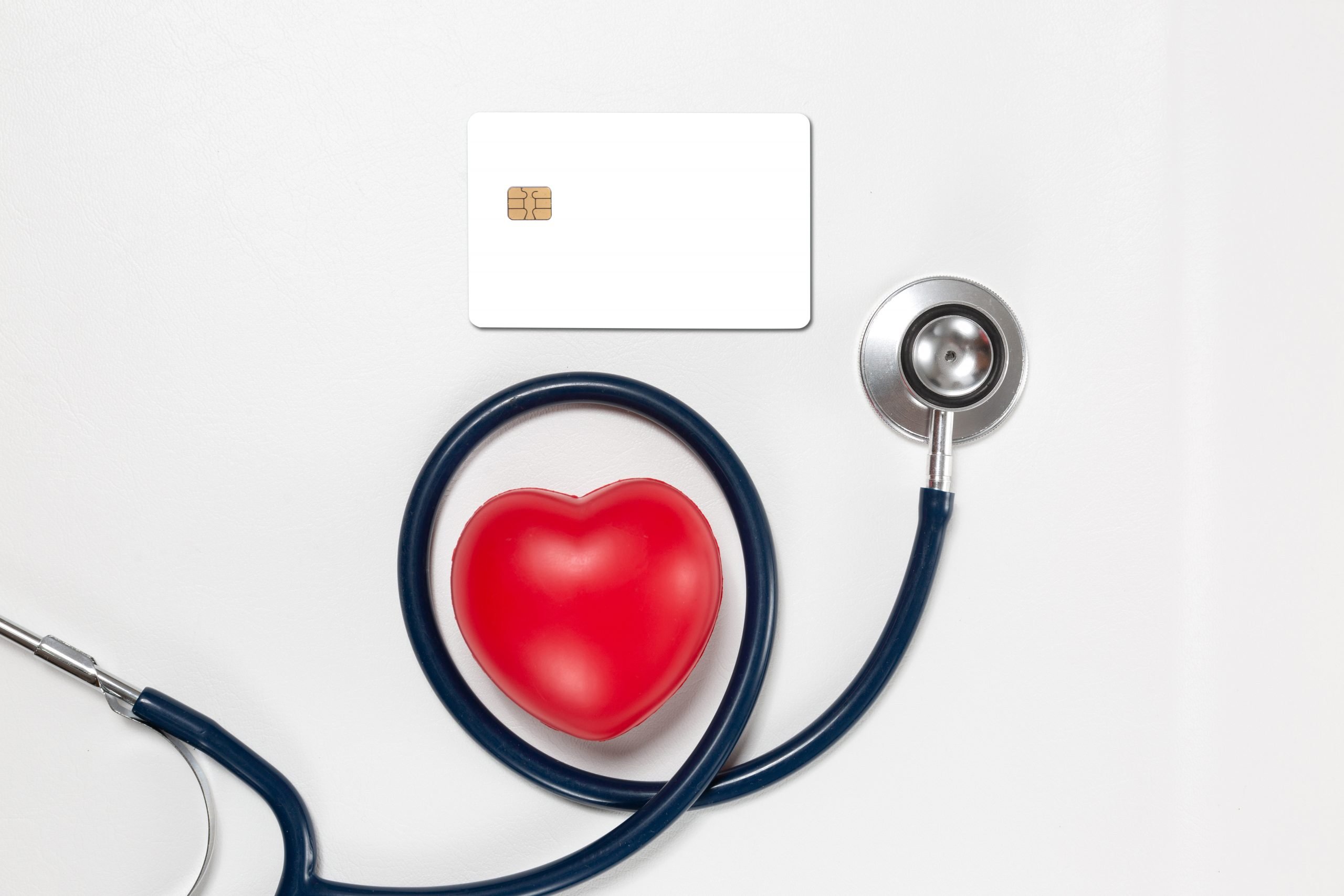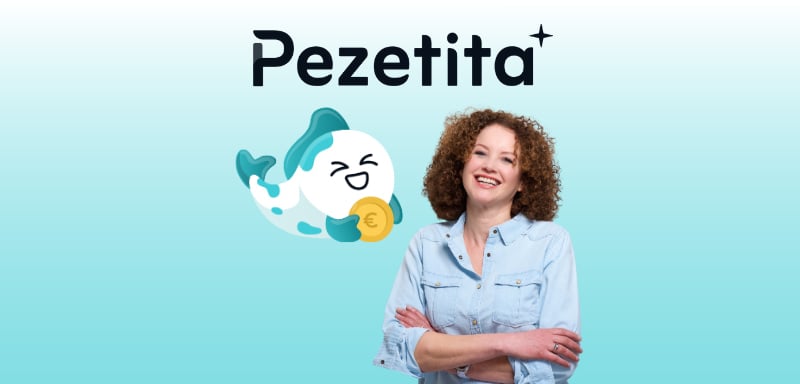Finances
People are prioritizing student loan debt payment over savings
A recent study found that a majority of student loan borrowers are postponing saving for emergencies in order to make their monthly student loan payments. Read on to learn more.
Anuncios
Student loan borrowers are not saving for emergencies because they’re still chipping away at their loans.
In recent years it has become more apparent that younger generations, such as Millenials and Gen Z, are putting off significant milestones – like marriage and homeownership – because of student loan debt. But lately, another financial decision has gathered attention as being delayed by people who are dealing with student loans, and one’s that’s much easier to follow through than to endure the costs of buying a house or having children.
Bankrate conducted a student loan survey recently. In it, it was revealed that young adults are using their savings to pay off their student loan debts. Bankrate found out that emergency savings or retirement planning are the top financial decisions put on hold as a result of the need to diminish student loans.
It’s a good thing that the younger generation is becoming financially responsible when it comes to their outstanding student debt. However, abandoning their savings account is becoming a source of concern for many.
How can student loan borrowers still save money?
Not having an emergency fund or investing in retirement plans can really set someone back in the long run. Not to mention years of missing out on accrued compound interest.
Many financial advisors say it’s important to start small, but have consistency. An amount as low as $25 on a high-yield savings account each month can make a big difference ahead. Automated savings are also recommended to eliminate the decision to save. With automation, it’s possible to set a percentage from every paycheck. Or even make recurring deposits from a checking to a savings account. That way, it’s easier to grow accustomed to a budget that includes saving money for the future.
Ideally, saving for retirement should start as soon as possible. That said, it shouldn’t become a habit for after people pay off their student debts. With the younger population, the biggest advantage they have is time, even if retirement seems like it’s too far away. The goal is to start by depositing a small percentage of a monthly salary into a Roth IRA or IRA, or into a 401(k) if it’s a possibility by their employer.
Serás redirigido a otro sitio
Borrowers are also not paying off other debt
Bankrate also found that in addition to putting off saving money, student loan borrowers are also prioritizing student loan debts instead of paying back everything else they owe. While that makes sense for some, borrowers need to consider which debt will cost them more in the years to come.
That said, the interest rate on an outstanding credit card balance is a lot higher than the rate on a student loan. Therefore, repaying a credit card debt should come before a student loan in order to save money on interest.
It’s important to maintain a consistent student loan payment. However, it should never come at the price of forgoing saving money for the future or paying off debt that accrues high-interest over time. With the recent news of the student loan payment freeze’s extension by summer’s end, borrowers can use the given time to redirect their finances toward reducing other types of debt or rebuilding emergency savings.
Tendencias

Health Savings Account: what it is and how does it work?
Do you know what a health savings account is? More than a preventive act, you could be investing tax-free. Learn how by reading this article.
Continúe Leyendo
Errores comunes al usar tarjetas de crédito y cómo evitarlos
Usa tu tarjeta de crédito con responsabilidad: descubre los errores típicos y cómo evitarlos para cuidar tu economía.
Continúe Leyendo
A 3 fund investment portfolio: learn how to build one!
If you want to start investing, the first step is to understand what a 3 fund investment portfolio is. Keep reading to learn all about it!
Continúe LeyendoTambién te puede interesar

Financial Planning for beginners: 7 easy steps for getting started
If you're starting on your financial planning journey, we've got you covered! These 7 steps will help you get started on the right track.
Continúe Leyendo
Microcrédito Familiar MicroBank: Hasta 25.000 € Sin Aval
Descubre el Microcrédito Familiar MicroBank: hasta 25.000 €, plazos de hasta 6 años y sin necesidad de aval. Consulta las condiciones.
Continúe Leyendo
Hasta 10.000€ en tu cuenta con el Préstamo Personal Pezetita
Pezetita te conecta con préstamos personales baratos en España de forma fácil y segura. ¡Encuentra tu mejor opción com rapidez!
Continúe Leyendo